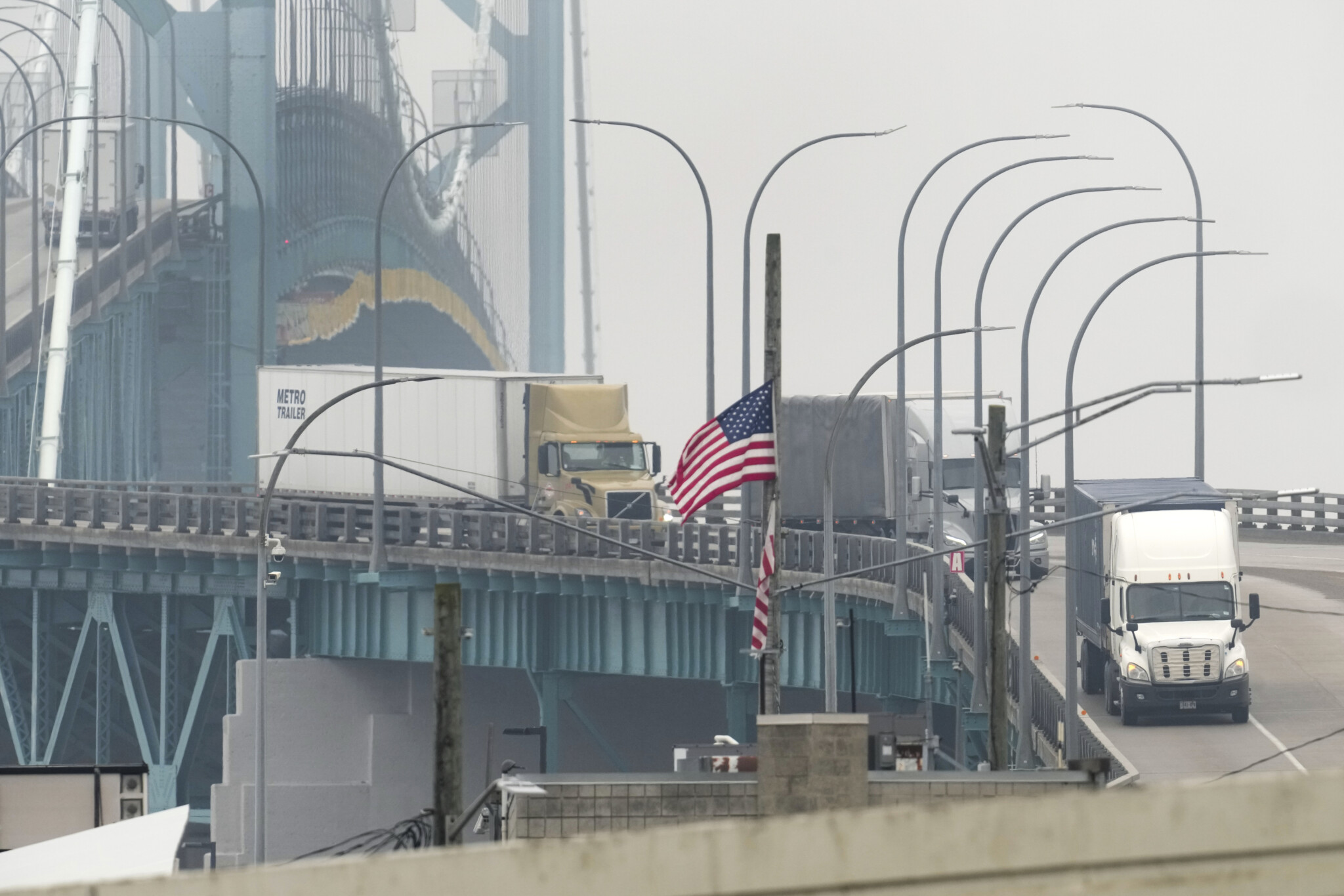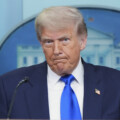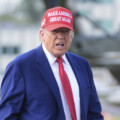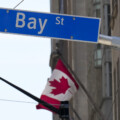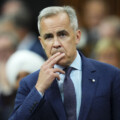In this episode of Trump’s Trade War, The Hub’s publisher Rudyard Griffiths speaks with Ian Lee, associate professor at Sprott School of Business, Carleton University.
Key points:
- Impact of Trump’s tariffs on Canada’s economy: The imposition of 25 percent tariffs on Canadian exports to the U.S. is expected to have severe economic consequences, including a potential collapse of the Canadian dollar, inflation, and increased costs for imported goods. Ian Lee warns that this could lead to a currency crisis, similar to those seen in countries like Argentina and Russia, where central banks had to raise interest rates dramatically to stabilize their economies.
- Reciprocal tariffs will harm Canadians: The Canadian government’s plan to impose $150 billion in reciprocal tariffs on U.S. goods is criticized as a “tax on the Canadian people.” Lee argues that these tariffs will increase the cost of everyday goods, reduce Canadians’ standard of living, and exacerbate the economic pain caused by Trump’s tariffs, rather than alleviating it.
- Structural economic challenges and long-term risks: Lee emphasizes that Canada’s economic problems are structural, not cyclical, and cannot be solved by simply pumping money into the economy. He points to decades of protectionist policies, subsidies, and regulations that have stifled competition and innovation. Without significant structural reforms, Canada risks sliding into economic decline, potentially losing its status as a high-income country and slipping into “genteel poverty.”
As the Trump administration’s trade war with Canada enters its 31st day, the imposition of 25 percent tariffs on Canadian exports to the U.S. has sparked fears of a severe economic downturn. In a discussion on Trump’s Trade War, Rudyard Griffiths, publisher of The Hub, and Ian Lee, associate professor at the Sprott School of Business, explored the potential fallout for Canada’s economy and fiscal position. Lee warned that the tariffs could lead to a currency crisis, inflation, and long-term structural damage to the Canadian economy, while also criticizing the government’s plan to impose reciprocal tariffs as counterproductive.
Lee highlighted the vulnerability of the Canadian economy, which was already weak before the tariffs were imposed. He expressed concern about the potential impact on housing, unemployment, and the broader economy, particularly given Canada’s reliance on trade with the U.S. He also criticized the government’s tendency to protect industries from competition, which he argued has stifled growth and innovation. “The last thing you should do is what we’ve done for 50 years, which was [trying] to prevent adjustments to changing economic conditions by subsidizing, protecting, and regulating, and that has blunted the adjustment,” Lee said.
Lee was particularly critical of the government’s plan to impose reciprocal tariffs, which he described as a politically motivated move that would harm ordinary Canadians. He explained that these tariffs would increase the cost of imported goods, effectively acting as a tax on consumers. “What we’re doing is we’re saying, what Trump is doing is so horrible to us, we’re going to double down and make it much, much worse for Canadians,” Lee said. He warned that this approach would only deepen the economic crisis and reduce Canadians’ standard of living.
Lee drew a parallel between Canada’s current trajectory and the economic decline of Argentina, which went from being one of the wealthiest countries in the world in the early 20th century to experiencing abject poverty due to poor economic policies. He warned that Canada could face a similar fate if it continues to rely on protectionist policies and fails to implement necessary structural reforms. “My fear is that we’re going incrementally down the road… and we will just slide down into genteel poverty,” Lee said.
Generative AI assisted in the production of this story. If you are quoting from or referencing this episode, please refer to the audio to verify.
